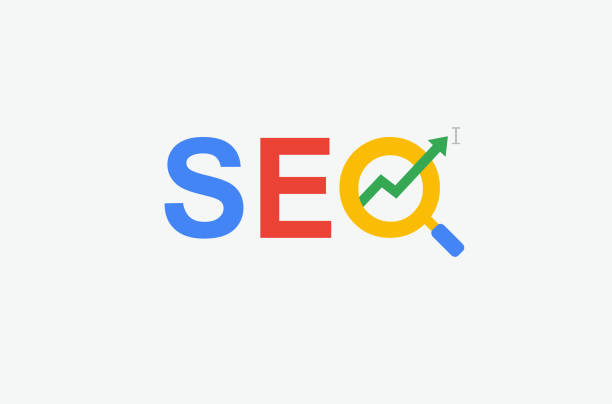In the digital world, one of the key ways to reach potential customers is through increasing visibility on search engines. But how can we enhance this visibility? This is where Search Engine Optimization (SEO) comes into play.
Definition of SEO
SEO is a set of strategies and techniques aimed at improving the ranking of a website on search engines like Google, Bing, and Yahoo. The goal is to achieve higher visibility and traffic through organic (non-paid) search results.
Why is it Important?
- Visibility and Brand Awareness: Effective SEO can increase your brand’s visibility to more people. Ranking higher builds brand credibility and recognition.
- Increased Traffic: SEO helps your target audience find you more easily when you rank high for relevant keywords, driving more traffic to your website.
- User Experience: SEO is not just for search engines but also for improving user experience. Factors such as mobile compatibility, fast loading times, and user-friendly design are valued by both users and search engines.
- Cost-Effectiveness: In the long term, SEO is more cost-effective compared to other marketing strategies. When done right, it provides continual organic traffic, reducing your advertising budget.
How is it Done?
SEO efforts are generally categorized into three main areas:
- Technical SEO: Ensures your website can be easily crawled and indexed by search engines. It includes factors like site speed, mobile compatibility, and site structure.
- Content: Producing quality, relevant, and keyword-focused content satisfies both users and search engines. This includes blog posts, guides, videos, and infographics.
- Authority: Backlinks from other trustworthy sites increase your site’s authority. This signals to search engines that your website is reliable and relevant.
Paid SEO vs. Organic SEO
- Organic SEO: Focuses on unpaid strategies to boost your website’s ranking in search results. It’s about optimizing your site and content with relevant keywords, quality backlinks, and enhancing user experience.
- Paid SEO (SEM): Involves paying for advertising to increase the visibility of your website in search engine results. This typically refers to pay-per-click (PPC) advertising, where you pay for each click on your ads displayed in search results.
Conclusion
SEO is an indispensable part of your digital marketing strategy. When applied correctly, it enhances your brand’s online visibility, facilitates customer acquisition, and provides a competitive advantage. Remember, SEO is a marathon, requiring patience and continuous improvement.


